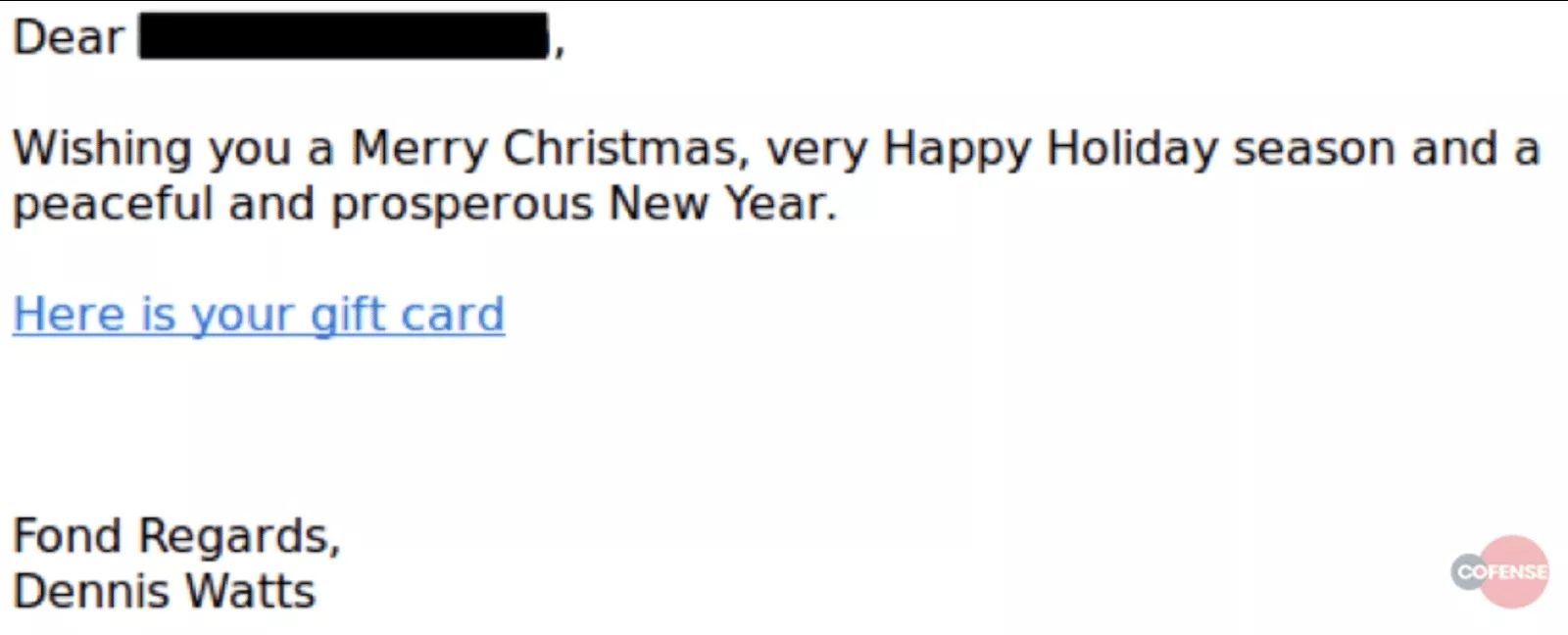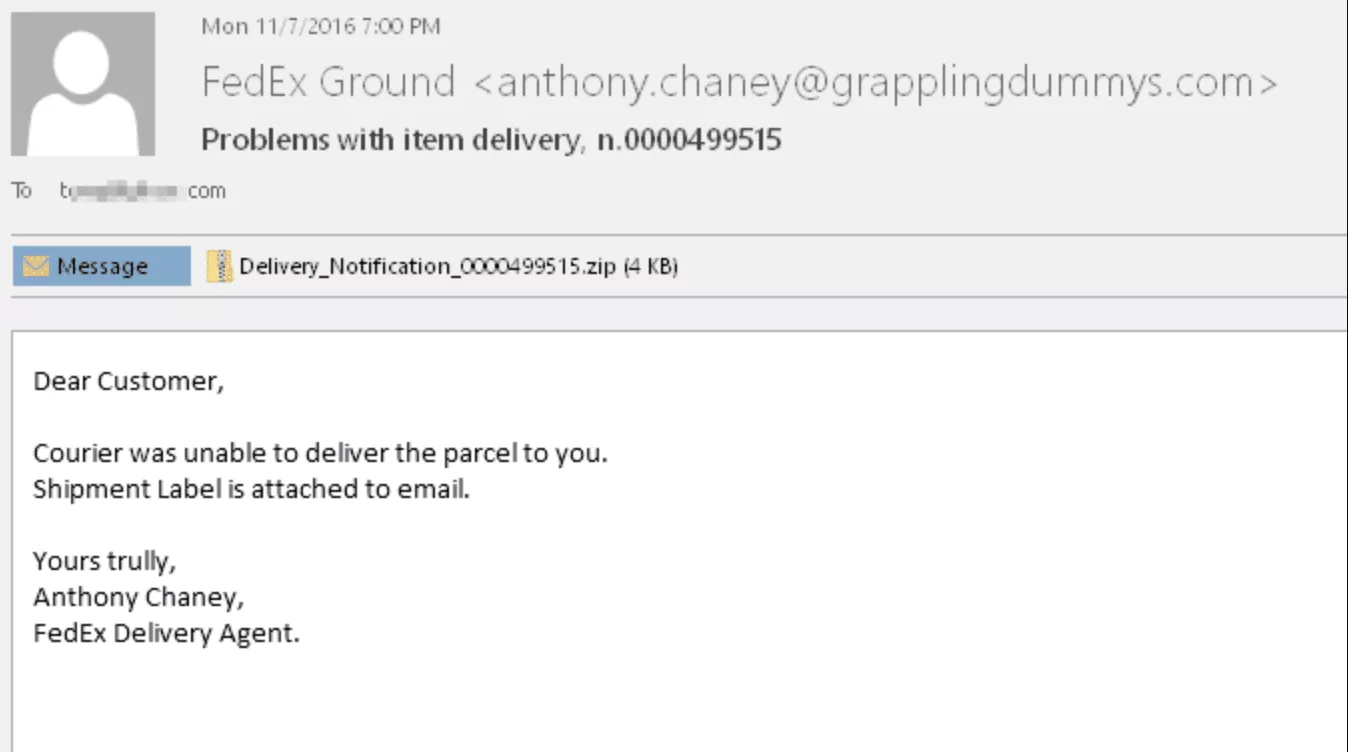Christmas Cyber Security Tips: Don’t Let Cybercriminals Ruin Your Holidays

We all know Grinch, a famous character from Dr. Seuss’s book. This evil green creature tries its worst to steal Christmas from kids and ruin their holidays. Just a fairy tale, right? The digital world, however, is no less alarming and hides numerous threats that can affect your Christmas mood. Just like Grinch, scammers, hackers, and other malicious actors apply various techniques to spoil Christmas fun. They may try to trick you into revealing your data, steal your funds, or deceive you with phishing attempts.
So, what can you do to protect your Christmas spirit (along with your money and private data) from the devious cyber Grinch? Read on to explore the most widespread holiday winter scams and learn some helpful Christmas cyber security tips.
Why scammers target users during the holiday season
Various scams and potential cyberattacks pose significant risks to your online security at all times. Moreover, malicious techniques are constantly becoming more sophisticated because hackers come up with new methods to compromise people’s security.
However, during the Christmas holidays, you should be particularly cautious about your online activities, as fraudsters are getting even more active at this time of year. Why? Most likely, that’s because of the Christmas shopping boom. According to Deloitte research, over 60% of customers prefer to buy presents online. As a result, Christmas time is a perfect chance for scammers to strike.
The latest statistics in this regard are quite disturbing. Action Fraud, the national reporting fraud and cyber crime center, claims that over 28 thousand shoppers lost their money because of various scams, which was nearly 60% more than during the same period in the previous year.
Now, it’s time to talk about the most common types of scams that occur during the Christmas holidays, as well as the most effective ways to avoid them.
6 most common Christmas threats to look out for
Cybercriminals turn to different methods, from phishing links to deceptive gift-giving schemes, to get to your private data during winter holidays. Let’s take a closer look at the most widespread threats you should be aware of.
1. Christmas phishing scams
Phishing is a malicious activity of sending emails or other types of messages pretending to be from legit websites and credible companies. However, once a potential victim clicks on any link provided in such a message, it leads them to a fake webpage striving to compromise users’ private information. In other cases, phishing links may spread malware on users’ devices. Usually, scammers adopt various social engineering methods, such as impersonation, to trick people into clicking on those links.
In the example below, a user has received an email that may look very common at first sight. It offers to participate in a Christmas party survey. But clicking on the provided link will take a victim to a phishing website. Any private information left there will be stolen by cybercriminals and used to compromise your funds.
How to avoid it?
- Never click on suspicious links in emails and text messages
- Always check if the sender’s address is legitimate
- If you’re uncertain about the email’s legitimacy, go directly to the official website of the service or platform it came from
2. Gift-giving schemes
Christmas time is always about giving gifts to your friends and family. Unfortunately, scammers use people’s desire to please each other to take advantage of their private data. Multiple gift-giving pyramid schemes trick people into sending gifts to strangers and waiting for something in return. One of the most famous examples of such schemes is a “Secret Sister exchange” scam.
Usually spread through social media, it offers you to send one gift to a person you don’t know for even more presents in return. At best, your gift will go unrewarded. At worst, however, scammers may compromise you private data and use it for their own benefit.

How to avoid it?
- Do not participate in suspicious giveaways and gift exchanges
- Avoid sharing your personal information with strangers online
- Stay away from too good to be true offers
3. Fake gift cards
Christmas cards have always been an integral part of winter holiday celebrations. Today, when nearly everything has gone digital, most of us send and receive those greetings on social media or via email. But while a virtual card from your friend will likely cheer you up, the one sent by a scammer will get you in trouble.
Now, imagine you’ve received an email with warm holiday greetings and a Christmas card attached.

Looks harmless, right? Well, once you download the file, your device will be infected with a Trojan. And while secretly sitting in your system, this virus may collect your data and pass it directly to the hackers.
How to avoid it?
- Check the sender’s address or social media account
- Don’t download any suspicious attachments
- If you accidentally downloaded an infected file, do not open it
4. Delivery scams
When it comes to the Christmas holidays, the impersonation of delivery services becomes one of the most common malicious techniques. Scammers often send fake emails or text messages that contain information about a certain delivery issue, a shipping form you need to fill out, or a non-existent parcel you should expect.
A typical type of fraud is a message that tells you about an undelivered package you should receive soon. Many people lose track of all the ordered gifts and, as a result, send their private information, such as credit card details, to scammers. However, the fake packages never actually arrive.

How to avoid it?
- Do not reply to suspicious messages
- Check the statuses of your deliveries on official websites for tracking, or contact the support team of a delivery company
- Carefully monitor the number of parcels you’re expecting
5. Man-in-the-middle attacks
A man-in-the-middle (MITM) attack is a malicious technique that allows hackers to compromise your cybersecurity when using an insecure network, such as public Wi-Fi hotspots. The attackers put themselves between your device and the network you’re connected to, which enables them to access all your traffic and steal confidential information, such as your credentials, phone number, address, and so on.
That is why when buying Christmas presents or making any other transactions from your bank account, make sure nobody can interfere with your online activities. In this case, a powerful VPN (virtual private network) will get the job done. This tool will keep your activities untraceable, no matter where you are and what you’re up to when surfing the web.
How to avoid it?
- Avoid making online purchases when using a public Wi-Fi
- Don’t connect to insecure networks
- Use a VPN
6. Bait-and-switch scams
A bait-and-switch scam is a misleading scheme, where sellers provide an appealing offer without intending to sell the proposed item. In fact, they eventually come up with a lower quality, defective, or simply unwanted alternative instead of the desired product. As a result, a naive buyer may suddenly end up purchasing something they never actually wanted.
However, the outcomes of bait-and-switch scams may be much worse. Clicking on intrusive ads or banners may result in downloading an infected file or appearing on a phishing website.
How to avoid it?
- Don’t click on potentially dangerous ads and pop-ups
- Don’t buy into incredible discounts
- Look for gifts in reputable online stores
Tips to stay safe during the Christmas holidays
If you’re going to buy gifts online and send them to your family and friends, it’s worth being very careful. Christmas scams may hide where you never expect them to appear. Many emails, websites, and attractive discounts seem completely legit at the beginning, but at some point, they turn out to be fake.
So what can you do to save your holidays from all those potential threats? We’re about to share some Christmas security tips with you. And keep in mind that these practices will be useful not only during the holidays, but at all times, since cybercriminals are always active.

Purchase from trustworthy websites
First of all, when buying Christmas presents, prioritize reputable retailers you can trust. Make sure the website you purchase from isn’t a fake or an evil clone of a legit online store. Here are several things you should keep in mind to not get into a phishing net.
- Check for security protocols. Trustworthy websites always use SSL encryption. Their URLs should start with HTTPS, which is a standard communication protocol on the web, while HTTP is a common red flag to watch out for.
- Check the website’s URL. Stay away from websites with shortened URLs. Also, keep in mind that scammers often come up with addresses that resemble real ones. For example, www.christmasgifts.com looks fine, while www.chr1stmasgifts.com is likely a malicious address.
Avoid suspicious links
As mentioned above, most phishing links are spread via email, text messages, and social media. Their goal is to lull you into a false sense of security and make you visit a malicious site. That is why, to stay safe, do not click on any links that might have been sent by scammers. Instead, check the sender’s address and visit the official website of the service or company that texted you to see what’s going on. It’s critical to enter the URL manually in your browser’s search bar.
Use a password manager tool
Scammers often target people’s credentials to access their accounts, make unauthorized purchases, or sell private data on the dark web. Not to let this happen, you need to safeguard yourself by creating a strong password and keeping it in a safe place. Complex passwords are more difficult to memorize, but reusing or auto-saving them in your browser is another common mistake that can result in data violation.
That’s where a powerful password manager tool, such as MacPass, LastPass, or Keeper, will come in handy. You can keep all your credentials in a well-protected app where hackers won’t be able to reach them.
Don’t buy into too-good-to-be-true offers
When buying Christmas presents for your beloved people, you may bump into numerous tempting offers. But unfortunately, many of those are clever traps set by fraudsters. It’s best to keep away from “free stuff,” like Christmas giveaways, gift exchanges, and other too good to be true offers, primarily if found on suspicious websites or unverified social media accounts. Most of them are attempts to make you share your private information or send funds and get nothing in return.
Use VPN
During the Christmas shopping season, online threats may hide anywhere. So you should do your best to enhance your holiday cybersecurity toolkit. One of the most effective measures against scams, hacks, and other online dangers is a VPN. This powerful tool will encrypt your traffic and run it through a remote server to conceal your online identity. As a result, your data becomes invisible to the prying eyes of malicious actors. Here are several most significant benefits of setting up a VPN on your device.
- VPN protects from cyber threats. A VPN will defend you from many common malicious techniques, such as man-in-the-middle attacks, phishing links, infected pop-ups, and DDoS attacks.
- VPN secures your transactions. With a VPN, you can securely send and receive funds leaving no chance for a third party to interrupt your transactions.
- VPN takes your Internet privacy to the next level. No one has a chance to compromise your online activities since your data is carefully encrypted. In particular, a VPN will hide your IP address, location, and browsing activities.
- VPN eliminates public Wi-Fi dangers. Even when connecting to an unprotected public network, you will keep your activities safe and anonymous.
You can read our recent blog post to find even more safety tips for secure online shopping.
Don’t let the cyber Grinch spoil your Christmas with VeePN
Looking for an ultimate solution to protect your Christmas shopping? Consider VeePN! It’s a credible VPN service that provides numerous handy features to stay safe whatever you’re up to when surfing the web. Besides providing you with an anonymous IP for online protection, VeePN’s NetGuard will help you avoid phishing websites, suspicious links, and malware-infected pop-ups. Also, VeePN will boost your cybersecurity thanks to top-notch AES-256 VPN encryption empowered with multiple additional protocols.
Get a VeePN app today with a 30-day money-back guarantee, and don’t allow a digital Grinch to steal your Christmas spirit.
FAQs
What are the 5 biggest cybersecurity trends in 2022?
A couple of new cybersecurity trends emerged and become critical in 2022. In particular, these are:
- The use of AI (artificial intelligence) in cybersecurity
- Securing connected smart home devices
- The growing risk of ransomware attacks
- Fighting against Internet privacy challenges
- Protection of Internet activities with a VPN
What are the top 5 emerging cybersecurity challenges?
Among numerous cybersecurity challenges of the modern digital world, the following ones are the most disturbing.
- Ransomware attacks
- Threats related to IoT (Internet of Things)
- Phishing scams
- Cryptocurrency and blockchain attacks
- Security challenges of cloud computing
A VPN has become one of the most effective solutions against these and many other cyber threats. You can enhance your cybersecurity during the holiday period with this powerful tool. For more details, read this article
VeePN is freedom
Download VeePN Client for All Platforms
Enjoy a smooth VPN experience anywhere, anytime. No matter the device you have — phone or laptop, tablet or router — VeePN’s next-gen data protection and ultra-fast speeds will cover all of them.
Download for PC Download for Mac IOS and Android App
IOS and Android App
Want secure browsing while reading this?
See the difference for yourself - Try VeePN PRO for 3-days for $1, no risk, no pressure.
Start My $1 TrialThen VeePN PRO 1-year plan






